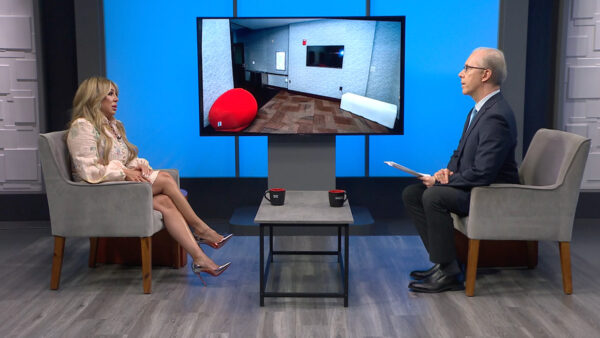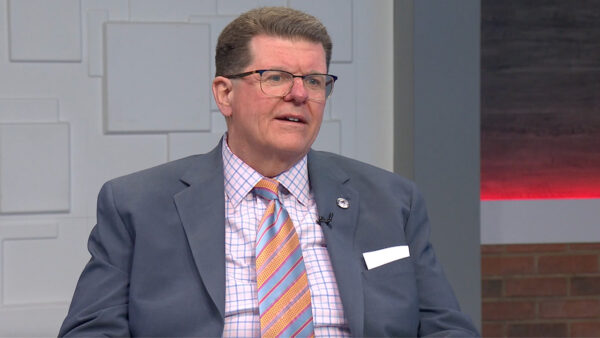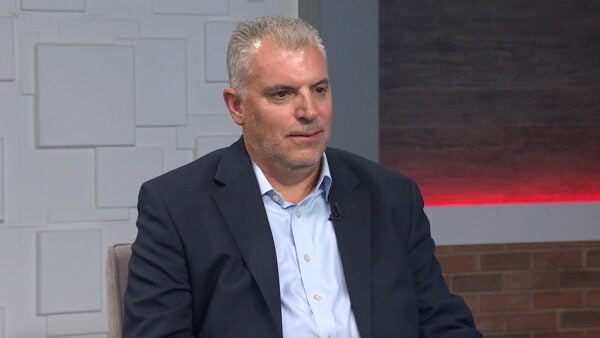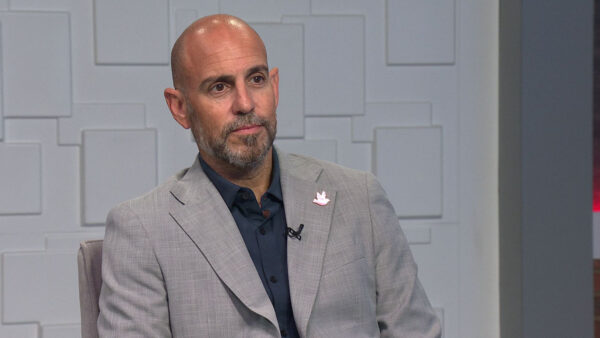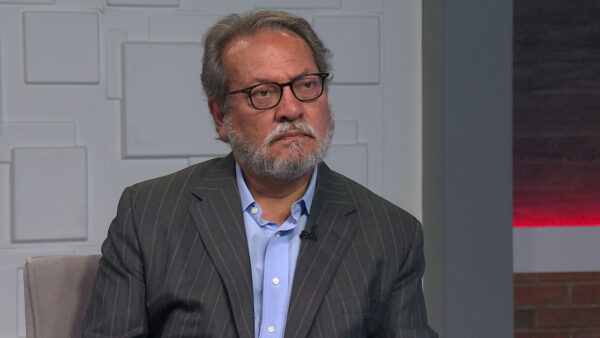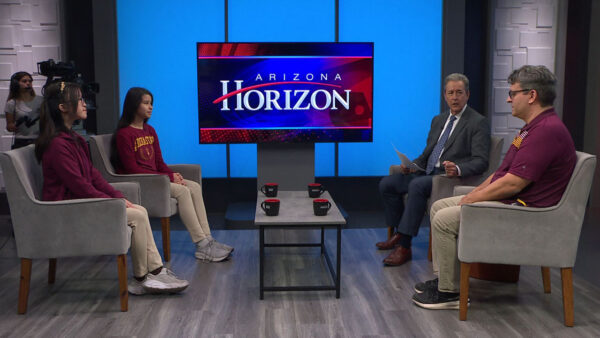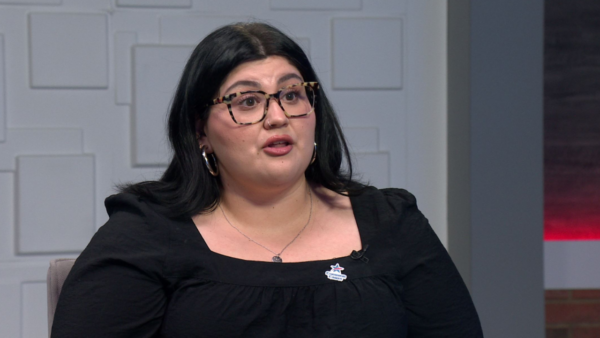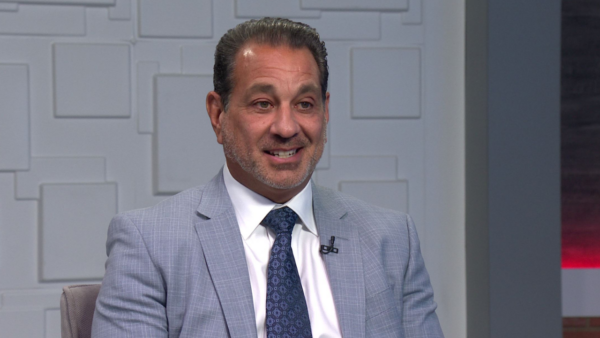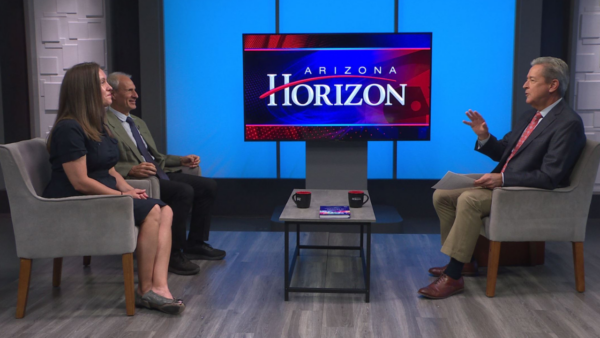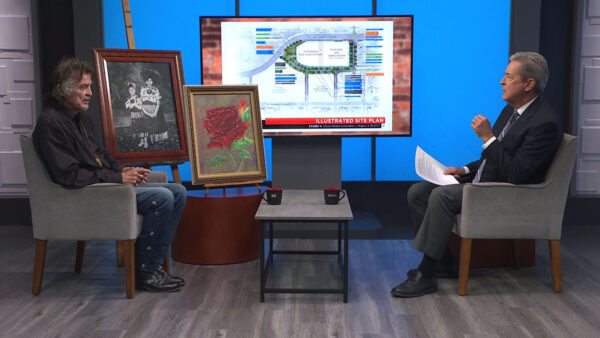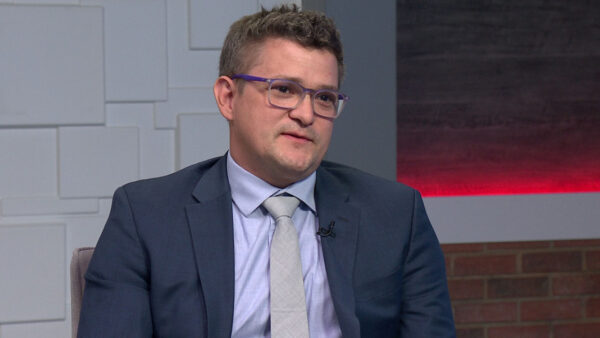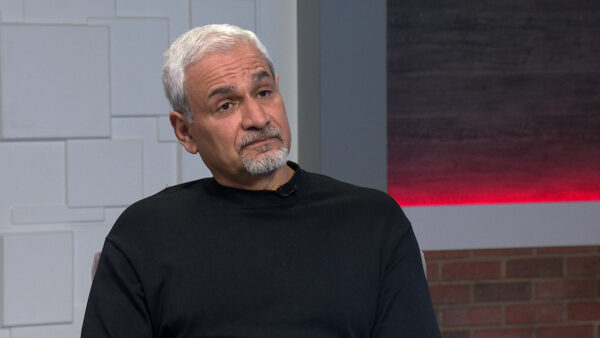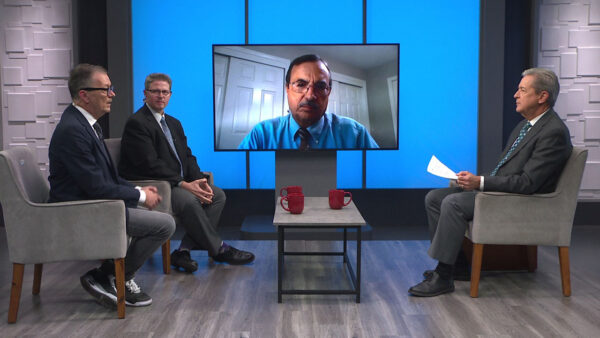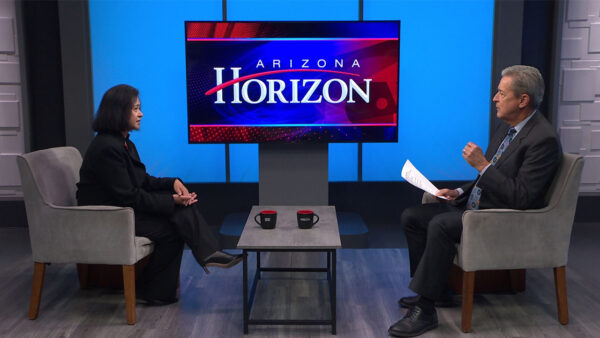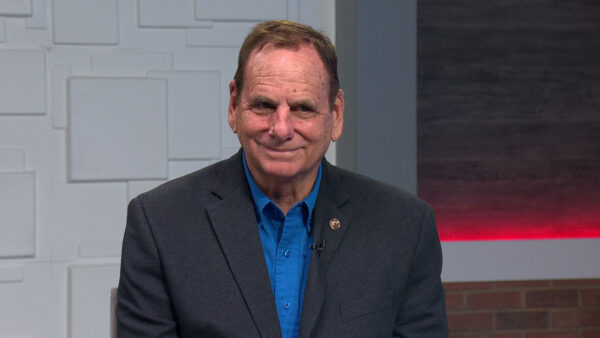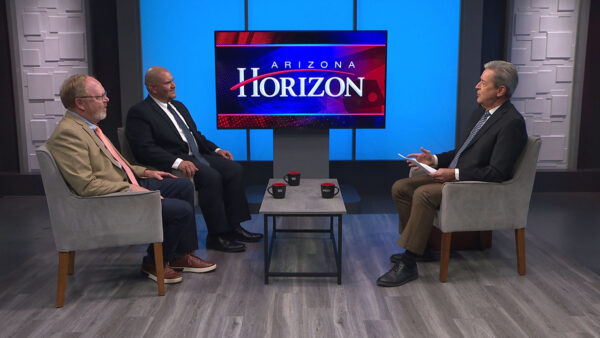The story of six-thousand child abuse cases not investigated continues to develop, with the
Governor forming a “CARE Team” to provide oversight in the investigation of those cases. Arizona Republic columnist Laurie Roberts, who writes extensively on the issue of child abuse, talks about the latest development.
Ted Simons: Good evening, and welcome to "Arizona Horizon." I'm Ted Simons.
Ted Simons: Investigations into child protective services continue as the state tries to learn why the agency dismissed over 6500 reports of suspected child abuse and neglect. "Arizona Republic" columnist Laurie Roberts has written extensively on the troubles at CPS. She joins us now. Thank you for being here. We've got now an independent panel aimed at CPS. What's this all about?
Laurie Roberts: Well, the governor on Monday appointed this independent panel of some fairly impressive people, a nine-member panel. They'll have two goals -- One is to watch what CPS is doing on the 6500 cases that were dropped to make sure those cases are checked out, that those children are checked out. Obviously not much trust on the governor's part that CPS can handle this alone. And their other purpose will be to dig into CPS to figure out what is wrong systemically that these problems keep cropping up, year after year.
Ted Simons: I notice the department of juvenile corrections leader is leading this particular panel. Is that a concern, considering -- Are there enough social service folks in there considering you are looking at a service agency?
Laurie Roberts: Sure. It's a corrections agency, but within juvenile corrections, the whole goal is to rehabilitate children. So I think that's OK. I think more of a law enforcement focus frankly is needed in that agency. It's been a mishmash for a long time in terms of its mission. But there are people from a social service perspective, from a legislative perspective, prosecutorial perspective, a wide range of pretty impressive people.
Ted Simons: It sounds like five staffers put on leave. Do we know why?
Laurie Roberts: Well, I think the fact 6500 children's cases weren't investigated, despite a state law --
Ted Simons: more specifically these five staffers, do we know what part they played?
Laurie Roberts: We know they were members of the swat team, the newspaper, "The Arizona Republic" tomorrow will have who they are and what their jobs were. These were five members of that swat called in to streamline services. These are not front line caseworkers. These are not underpaid, underlings. These are program managers and CPS supervisors who apparently made these decisions. I question whether that is enough. Clearly those people did not decide to violate state law on their own, there have to be people above them to knew what was going on and approved it.
Ted Simons: sounds like a starting position, the five, four now and they move on. This investigation, compare this panel with the DPS probe, with the -- Child protective services -- Everyone's probing everything, what are we coming at?
Laurie Roberts: That agency is the most probed agency, you know. I could make a joke but I won't. That agency has been probed and reformed and investigated year after year after decade. And things never change. Children slip through the cracks, processes are analyzed, Band-Aids are put on top of Band-Aids, and nothing seems to get fixed.
Ted Simons: Why? Why does the Band-Aid not work well enough? Why are we constantly at this story and why does it seem like there's no light at the end of this particular tunnel?
Laurie Roberts: You know, I think if we could answer that question we could fix it easily. But I think it's probably a combination of things. You can't look at CPS and not consider the funding situation. It is outrageous. The case loads are unbelievably high. That has to be fixed. But that alone I do not believe will fix it. You've got poor management practices in there, and you've got a situation that when they make these poor decisions, there is no transparency for anyone to see it or catch them at it because they hide under the cloak of anonymity.
Ted Simons: Is secrecy a problem?
Laurie Roberts: Absolutely.
Ted Simons: With the knowledge in mind CPS, secrecy is a key ingredient in what they do and how they do it to get the information and keep the innocent out of the papers.
Laurie Roberts: Right, but I think you can be transparent without ruining children's lives. I don't think anybody has that as their goal. I think they also have a problem in that they have a dual mission that is at times conflicting. Their mission is to protect children and strengthen families. Sometimes protecting children means not strengthening families. Not reunifying families. And I think they've never had a consistent clear focus. And that could be a problem too. Another problem is that they are in this massive state agency that deals with unemployment checks and food stamps, and who knows what all. And so they have a director who can't possibly focus, give the kind of focus you night to this troubled agency.
Ted Simons: Is there a movement afoot to get it out of DES and make it its own stand alone agency?
Laurie Roberts: Would I like to start that movement. I have said so in the paper, I have thought for a long time that needs to happen. We need to go out, figure out who's doing this better than us, figure out who is doing it best, and copy what they're doing. And I suspect that that will mean streamlining it by taking CPS down to its foundation, moving it out of DES, and starting over. Streamlining it in a 21st century way with what we know about children with strong policies and just pick all the laws, take them to zero and rebuild it in an agency that makes sense.
Ted Simons: Is there the political will to do that? Because it seems like if you're not doing something well and someone else is doing a really good job of it, just go ahead and copy them. Why aren't we -- I don't know. From the outside it's exasperating to continue to have these stories and months down the line the legislature will be in session and not a whole heck of a lot will seem to be getting done.
Laurie Roberts: Nothing will get done. That's the frustration. I don't know that it's that we don't want to copy anyone. I don't think we have the political will or the leadership or the vision to go out and do it. How long has it been within DES? Why does it make sense to be there? 10 years ago Rick Romley, when he was county attorney, we had a string of child thefts and he commissioned a report called "in harm's way" which made 27 recommendations. One of their key recommendations was, pull CPS out of DES, create a separate agency and another recommendation was, make the mission protection of the children first. And anything after that, you can do. And neither of those things have happened. I think the legislature was concerned that's growing government, which it's not, it's reorganizing government. And I think that conservatives were concerned about the idea that you're going to protect children that oh, my god you're going to rip them out of people's families so they still have this dual mission. The mission should be to protect children.
Ted Simons: Real quickly, what's next in all of this? What do we look for?
Laurie Roberts: We look for accountability. I don't think allowing five caseworkers, that that's enough. I think we look to make sure -- We force CPS to say, have you checked on those cases? We still -- I shouldn't say children, it's cases. We don't know how much children it is. Two weeks later we don't know how many children it is.
Ted Simons: All right. We'll keep reading your column to find out the best we can. Thank you so much for joining us. We appreciate it.
Laurie Roberts: glad to be here.
Laurie Roberts:Columnist, Arizona Republic;









